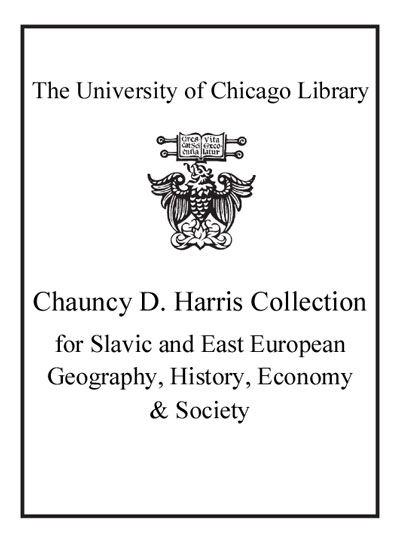Imperial desert dreams : cotton growing and irrigation in Central Asia, 1860-1991 /
Saved in:
| Author / Creator: | Obertreis, Julia, author. |
|---|---|
| Imprint: | Göttingen : V&R unipress, [2017] ©2017 |
| Description: | 536 pages : illustrations, maps ; 24 cm. |
| Language: | English |
| Series: | V & R Academic Kultur- und Sozialgeschichte Osteuropas / Cultural and Social History of Eastern Europe ; Band 8 V & R academic. Kultur- und Sozialgeschichte Osteuropas ; Bd. 8. |
| Subject: | |
| Format: | Print Book |
| URL for this record: | http://pi.lib.uchicago.edu/1001/cat/bib/11707400 |
| Summary: | Officials, engineers and scientists in the Russian Empire and later the Soviet Union envisaged the expansion and modernization of irrigation systems and cotton growing in Central Asia. Focusing on the region of today's Uzbekistan and Turkmenistan, this book highlights the continuities in discourse and policies beyond the historical divide of 1917. One of the central topoi was the transformation of 'dead' lands into 'blossoming oases'. High modernism policies hit their peak in the post-war decades. From the 1970s, an ecological critique evolved which gained momentum in the Perestroika period. Ultimately, the grave ecological, economic and social consequences of the growth-fixated modernization contributed to the downfall of the Communist regime. |
|---|---|
| Item Description: | "Officials, engineers and scientists in the Russian Empire and later the Soviet Union envisaged the expansion and modernization of irrigation systems and cotton growing in Central Asia. Focusing on the region of today's Uzbekistan and Turkmenistan, this book highlights the continuities in discourse and policies beyond the historical divide of 1917. One of the central topoi was the transformation of 'dead' lands into 'blossoming oases'. High modernism policies hit their peak in the post-war decades. From the 1970s, an ecological critique evolved which gained momentum in the Perestroika period. Ultimately, the grave ecological, economic and social consequences of the growth-fixated modernization contributed to the downfall of the Communist regime."--Back cover. |
| Physical Description: | 536 pages : illustrations, maps ; 24 cm. |
| Bibliography: | Includes bibliographical references (pages 499-525) and index. |
| ISBN: | 3847107860 9783847107866 |

